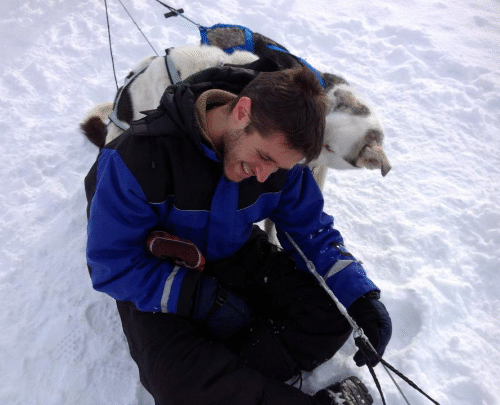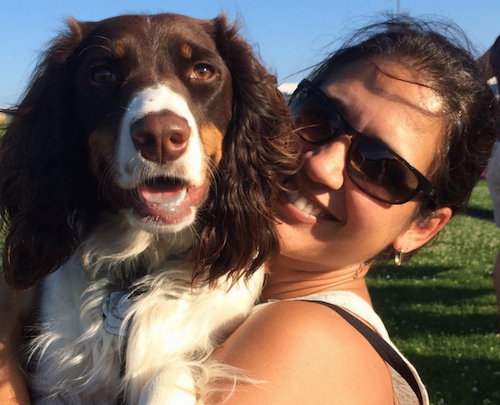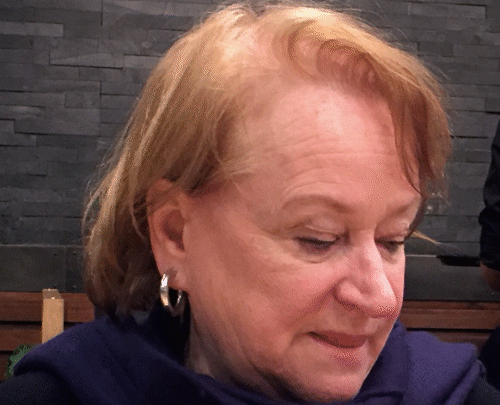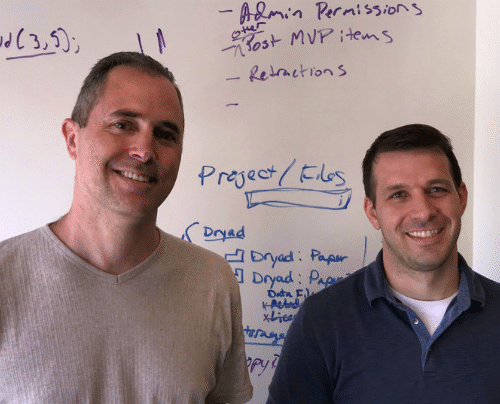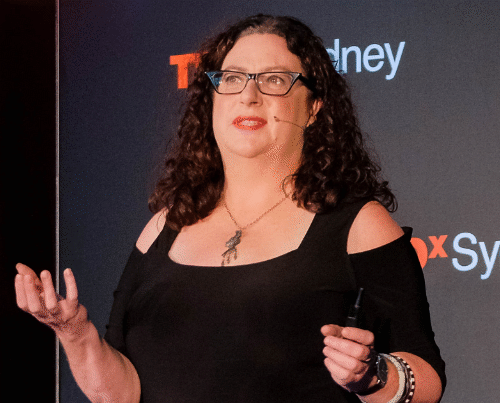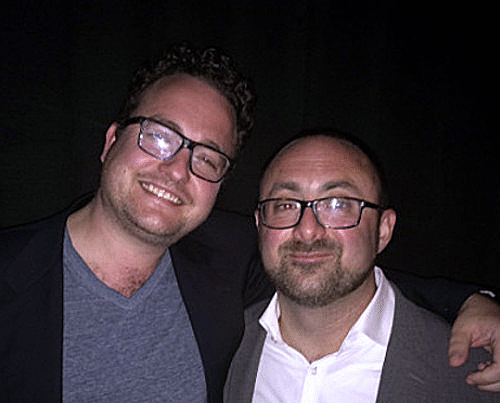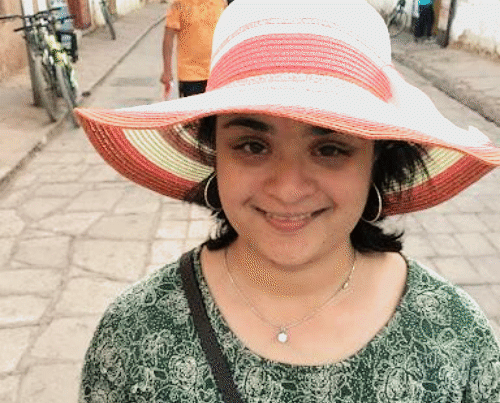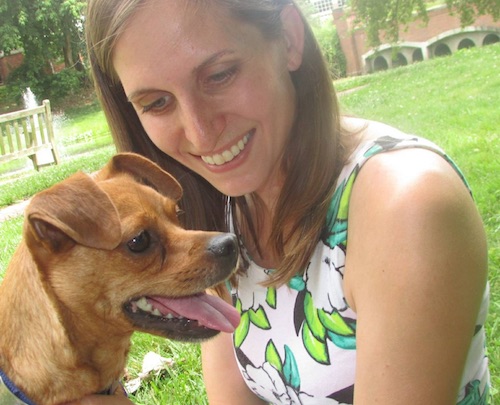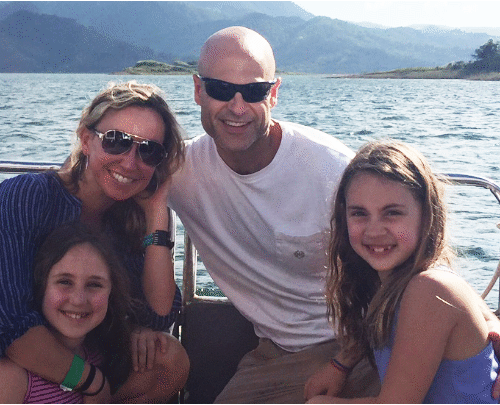28
Nov 2017
Adam Morris from Harvard University's Department of Psychology talks with us about his game theory research into why people engage in retribution with little regard for its effectiveness, yet they respond to punishment from others with flexibility based on costs and benefits. His open-access art......
14
Nov 2017
In this episode we talk with Laura Stephenson from the University of Western Ontario about her research into how the structures of electoral systems can shape support for female political candidates. Her open-access article "Votes for Women: Electoral Systems and Support for Female Candidates" w......
31
Oct 2017
Sometimes our emotions and the power of illusions can put our sense of reality to the test. In this special Halloween episode, Beatrice de Gelder from Maastricht University in The Netherlands shares stories behind her study "Affective vocalizations influence body ownership as measured in the rub...
24
Oct 2017
Reproducing research results can help accelerate the scientific progress. In the second half of this two-part episode, Tim Errington and Brian Nosek from the Center for Open Science share insights from their the Center's replication of a high-profile anti-cancer treatment study. In the episode T...
17
Oct 2017
Open access to both the scientific process and results should be the default, not the exception. In the first of this two-part episode, Brian Nosek and Tim Errington from the Center for Open Science talk about the important role of open science in accelerating scientific progress, as discussed i......
3
Oct 2017
The rich archaeological records of human space exploration can tell us much about human behavior, geopolitics, and the history of science and technology. In this episode we're joined by Alice Gorman of Flinders University in South Australia. Alice tells us about her research that explores archae......
19
Sep 2017
Many people hear voices that aren't really there. It drives some to seek psychiatric treatment, but others are able to make use of it in healthy ways. In this episode, Al Powers and Phil Corlett from Yale University talk about their research into the similarities and differences between these two ......
5
Sep 2017
A picture may be worth 1000 words, but can we also teach computers to create stories from the stories that lie inside our images? In this episode, Devi Parikh of Georgia Tech’s school of interactive computing discusses her work training computers to determine the semantic meaning within images...
22
Aug 2017
Can stereotypes about Christians really limit who pursues science? In this episode, Kim Rios from Ohio University discusses how self-concepts and group identities may change how we look at the role of religion in science. Kim tells the stories behind her article "Negative Stereotypes Cause Christi......
9
Aug 2017
How well can doctors and nurses really predict the outcomes of their ICU patients? In this episode, Scott Halpern from the University of Pennsylvania's School of Medicine, discusses how he and his colleagues explored the accuracy of ICU physicians and nurses in predicting the health outcomes of th......

